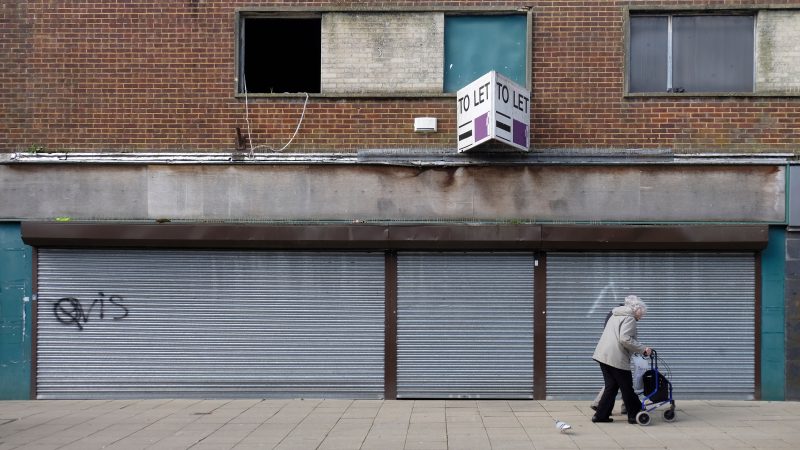
As a political slogan, ‘levelling up’ has been both praised and dammed for being all things to all people. Useful because it is clearly positive and boosterish, while being ambiguous enough to appeal to the Conservatives’ new voters beyond the ‘Red Wall’, and its old voters and MPs in the ‘Greater South East’ – a region that seems to have been invented for the new white paper – who worry about too much redistribution. Labour has struggled to know how to deal with a slogan so slippery, just as it has struggled with the man who devised it.
Before the publication of the white paper, excitement was building about finally having some targets, mostly in order to machine gun them. But in the end, the targets look quite difficult for Labour to score political hits on. The primary issue is they are mostly set for 2030. All the wonks agree this is a more sensible timeframe for achieving change than the current political cycle, so it won’t in itself draw any blowback from experts. Politically it is perfect for Boris Johnson, allowing him to go into the next election on turf he enjoys – his achievements in the future, and all the sticky stuff in the past.
The targets are also clever in the way they incorporate things that will happen anyway. The rollout of 5G began in 2020 and the private sector seems likely to have delivered it by 2030 without government assistance. The figure in the column marked productivity, and the one marked wages, will go up – barring some major disaster – because that is what they have generally done since the war. The government will slap itself on the back and Labour will struggle to challenge on points of fact, as it did during austerity: NHS funding has gone up (in cash terms while down in real terms); we’re all in it together (while the burden on austerity falls on the poorest councils); and wages are up (but nowhere near their pre-crisis trends).
That is not to say there is no point looking at these targets and holding government to account. Labour should pounce on bad policy, like the dodgy-looking new layer of selective schools, denounce the lack of ambition and point out what money is new and that most of it is old. But even forensic reading of the 332 pages of the white paper published today is unlikely to be an answer to Labour’s ‘levelling up’ troubles. Even when real issues are found, sunlit uplands – as we saw during the Brexit campaign – are hard to target, no matter how many facts and figures you can load into your cannon.
But there is another way to conceptualise what the government has put out today. We can ask, what problem does this set out to solve? We now have specific targets, and the other side of that coin are specific problems. Why do we need to restore pride in communities around the country? Why do we need to rebalance government spending towards the places that obviously need it most? Why is education, skills, transport – whatever you want to pick out from this strategy – in such a dire state?
In every case, the answer is straightforward. The proximate cause of the problem is almost always austerity. It’s a clear answer but it doesn’t give rise to a straightforward prescription. If the Labour Party had been effective at convincing the public that austerity was against their interests, we wouldn’t have lost four consecutive elections. Labour has learnt from Johnson and is focused on positivity and providing an alternative vision. It should keep doing that.
But it should also recognise that that, from Brexit to levelling up, Johnsonian boosterism relies into a strong sense in the country that there is a problem. That the country is getting worse, influence shrinking, institutions corroding. People always think this to an extent, but austerity made it real. For many reasons, Labour has struggled to tap into this sense of decline. It is frightened of being seen to talk Britain down. It is uncomfortable, rightly, with narratives of Britain’s greatness that are the inevitable flip-side of narratives of decline. But we do not have to look back to before Suez or further. Despite ambivalence in some quarters of the party to New Labour, nostalgia today is for the 1990s. It seems the last period of genuine optimism rather than Johnson’s strained boosterism.
While we must continue to rebuild a strong Labour vision, we should also harness the power of the problems highlighted by the existence of this white paper. They stole your future. The problems they have promised to solve are problems of their devising. The decline belongs to them.




More from LabourList
LabourList readers reveal their highs and lows of Labour’s first year
Left candidate loses council leadership race after national party ordered re-run
Richard Burgon: ‘Labour MPs must reject massive cut still in disability bill’